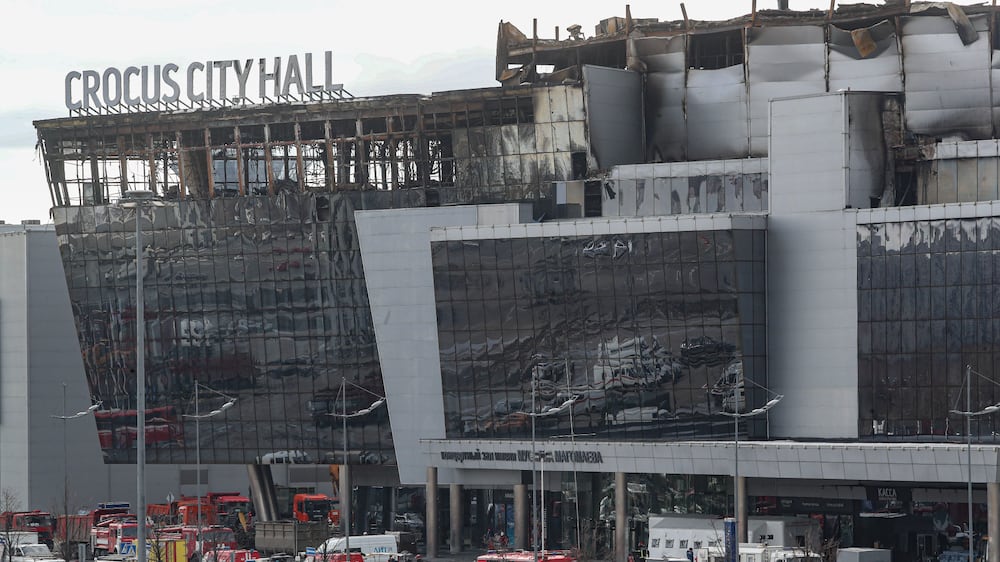An ISIS terror campaign across Europe, Russia and the Middle East is expected to follow the Moscow massacre as “one attack is not enough”, security experts have told The National.
Extremists from ISIS-Khorasan Province (ISIS-K) who killed 137 people in the Crocus City Hall attack were highly likely to have been acting under orders from the group's central commanders based in the Middle East.
With the likelihood of the attack raising more funds and recruits, the Islamic extremist group will probably launch more assaults to demonstrate that it is no longer a spent force, analysts have said.
Western security agencies are on high alert for more potential attacks, especially in France, Sweden and the Netherlands.
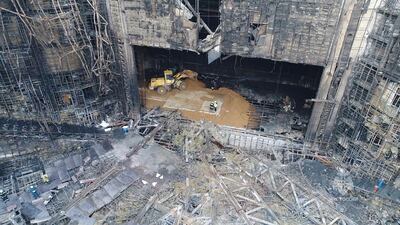
ISIS changes tack
Following the March 22 attack in Russia and the arrests of four Tajik gunmen, attention has been focused on the apparent resurgence of ISIS-K, based in Central Asia.
But terror expert Antonio Giustozzi told The National that the orders for the attack almost certainly came from ISIS commanders currently sheltering in Syria, Iraq or Turkey.
“ISIS-Khorasan had a support role but it was the central leadership which gave the orders to do this,” said the analyst at the Rusi think tank.
“They realised that they are in terminal decline, they have no ‘caliphate’, and an image problem of defeats and losses so they are trying to change the narrative.”
The focus now is on more high-profile attacks that will attract the tens of millions of dollars the group needs to fund its campaign.
“That is why they needed to innovate with a target like Moscow, to show that ‘we are still relevant’ and public enemy number one,” Dr Giustozzi said.
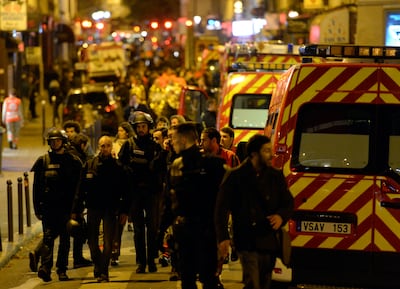
Target Europe
The graphic imagery from the Moscow attack is highly likely to influence young men to join ISIS's ranks and prepare for an attack in Europe, which has not witnessed a major atrocity since the Paris attacks in 2015.
But with anti-immigrant right-wing Islamophobic political parties gaining power in several countries, there are vulnerabilities that ISIS can prey on.
“The problem after a big attack like this succeeds is others get inspired to do it, including lone-wolf types, with a surge in the recruitment space,” a British security official said.
Western intelligence agencies have “raised the ISIS threat one of the biggest concerns out there”, he added, as the group's classic strategy is to “generate interreligious conflict”.
Dr Giustozzi pointed to France and the Netherlands as likely targets because of the “strong tensions between the communities” and “Islamophobic sentiments”.
In November last year, the anti-Muslim PVV party won the most seats in the Dutch Parliament. It leader, Geert Wilders, has previously promised to shutter mosques and ban the publication of the Quran.
A provocative ISIS attack, like striking a church service, “could create the reaction from the hard right like burning a mosque”, said Dr Giustozzi.
“Their aim is surviving via a campaign of terrorist attacks showing that they are not finished and can do things that nobody else can,” added Dr Giustozzi, who is the author of several works on the extremist group.
“To raise the money they need, ISIS require a big project and one attack is not enough.”
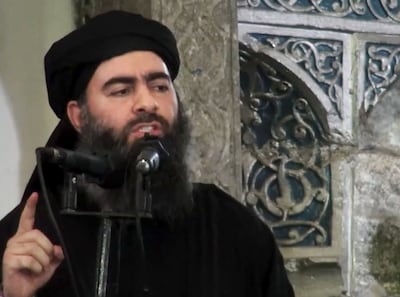
Khorasan role
Ever since its defeat in Syria in 2019, ISIS has been forced underground, but Moscow, alongside several less prominent attacks in recent years, demonstrated that it has not disappeared.
The US, in particular, remains focused on destroying its leadership in Syria, Iraq and Turkey. This has forced ISIS to use its affiliates in Khorasan – a historical region that today is largely made up of Afghanistan, Iran and Turkmenistan – to carry out attacks.
“It is more practical to do it from mountains of Afghanistan than from the desert of Syria,” said Dr Giustozzi.
“Khorasan also has a lot of Central Asians, who can handle day-to-day management of cells in Russia, Europe and Asia. It is a large organisation to manage.”
It is understood that there is a tacit agreement between the US and the Taliban that their drones can overfly Afghanistan but cannot bomb, even if they have ISIS-K commanders in their sights.
But they are able to gain valuable “signals intelligence” from ISIS-K, which had been passed on to the Russians before the Moscow attack, and previously to Iran before the bombing in January in which 100 people were killed at a memorial event for Iranian commander Qassem Suleimani.
However, given the distrust between the nations, the warnings were largely ignored.
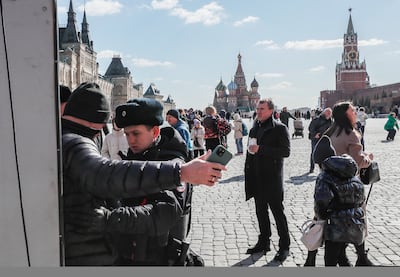
Russia return
Given ISIS's success in Russia and the antagonism Central Asians feel towards President Vladimir Putin’s regime, analysts predict a rise in attacks there.
This could be stoked by Russia, where 10 per cent of the population is Muslim, rounding up and abusing suspected extremists.
“The consequence is that the Russians overreact or that others get inspired and radicalised,” the British official said.
“ISIS have been trying to do this in Russia for a long time and this one got through.”
The extremist group's propaganda also uses Mr Putin’s war in Chechnya and his strong relationship with Tajikistan’s leader Emomali Rahmon as well as his support for Syria’s President Bashar Al Assad as evidence of Moscow’s anti-Muslim stance.
But there is also a chance of an ISIS resurgence in the Middle East if the Israel-Gaza war spreads.
“ISIS operations have diversified into Africa and now Asia but the Middle East has meaning for them in a way that their other areas don’t,” said a former counter-terrorism analyst.
“They will never give up trying to establish an Islamic caliphate in the Middle East so it is key that the region does not spiral into war again as conflict and chaos is what ISIS thrives on.”
